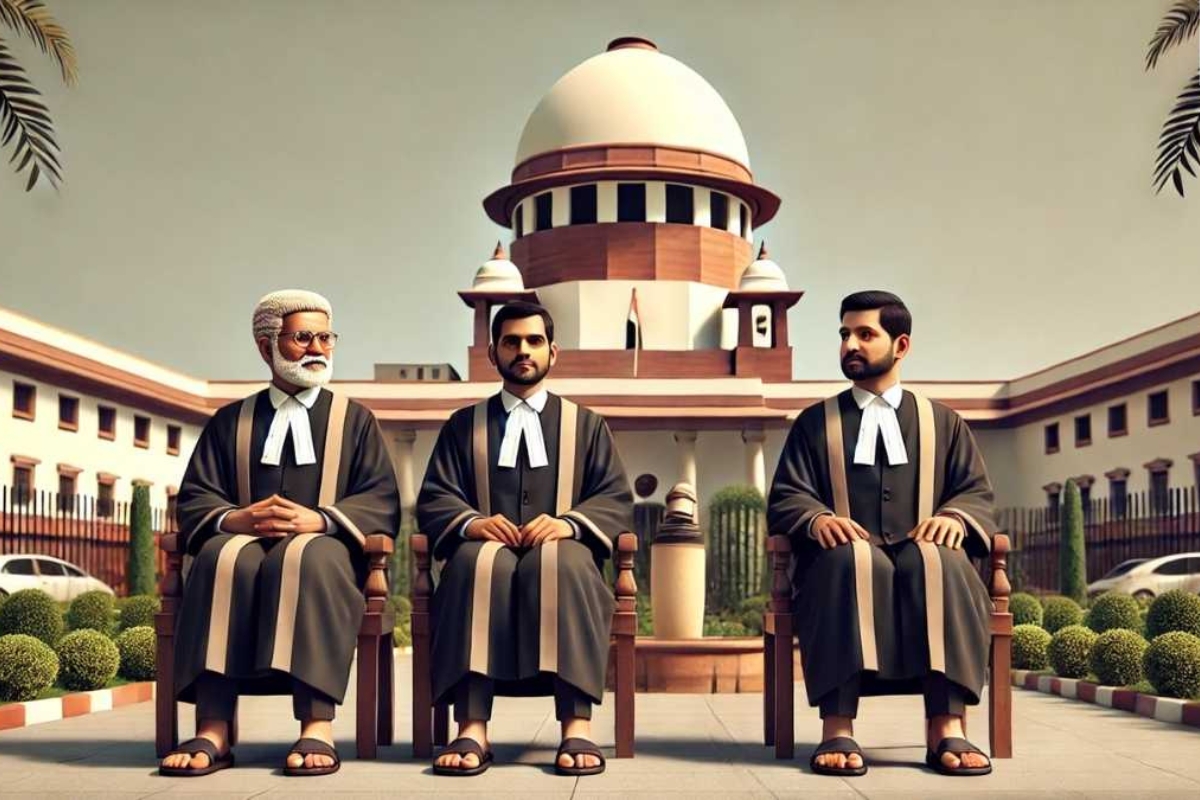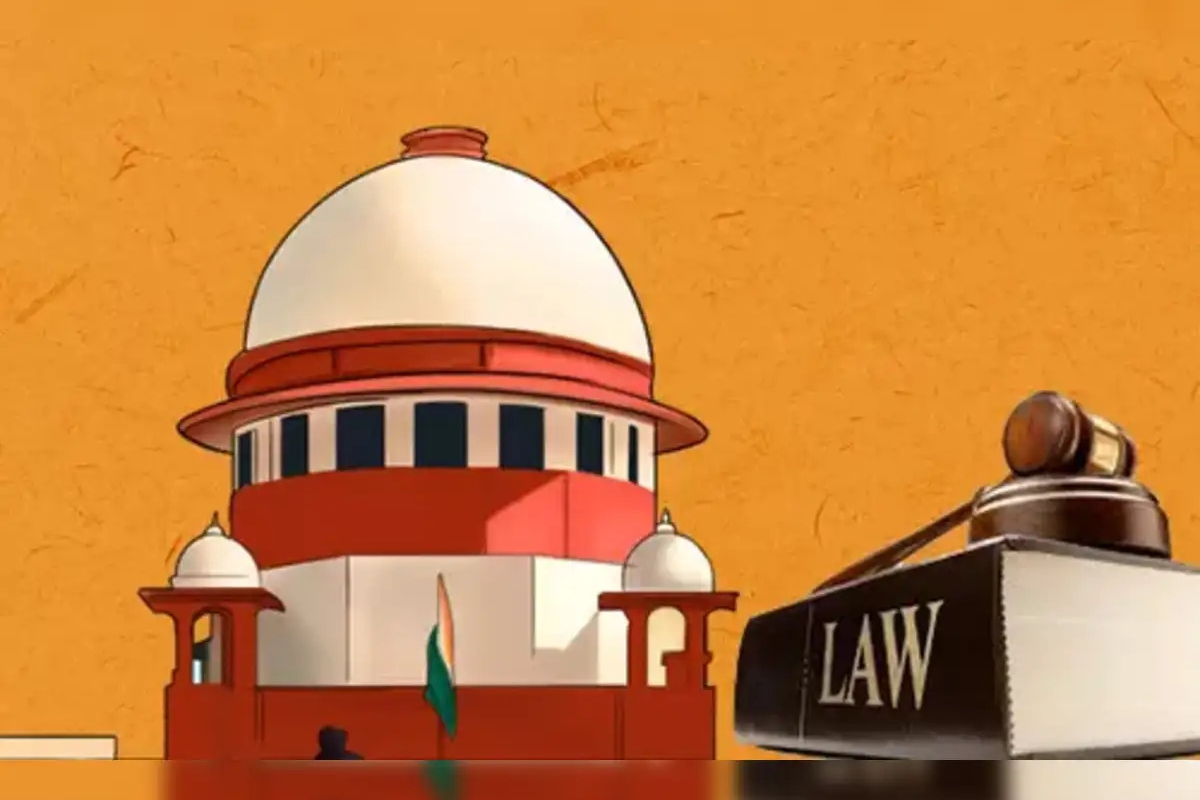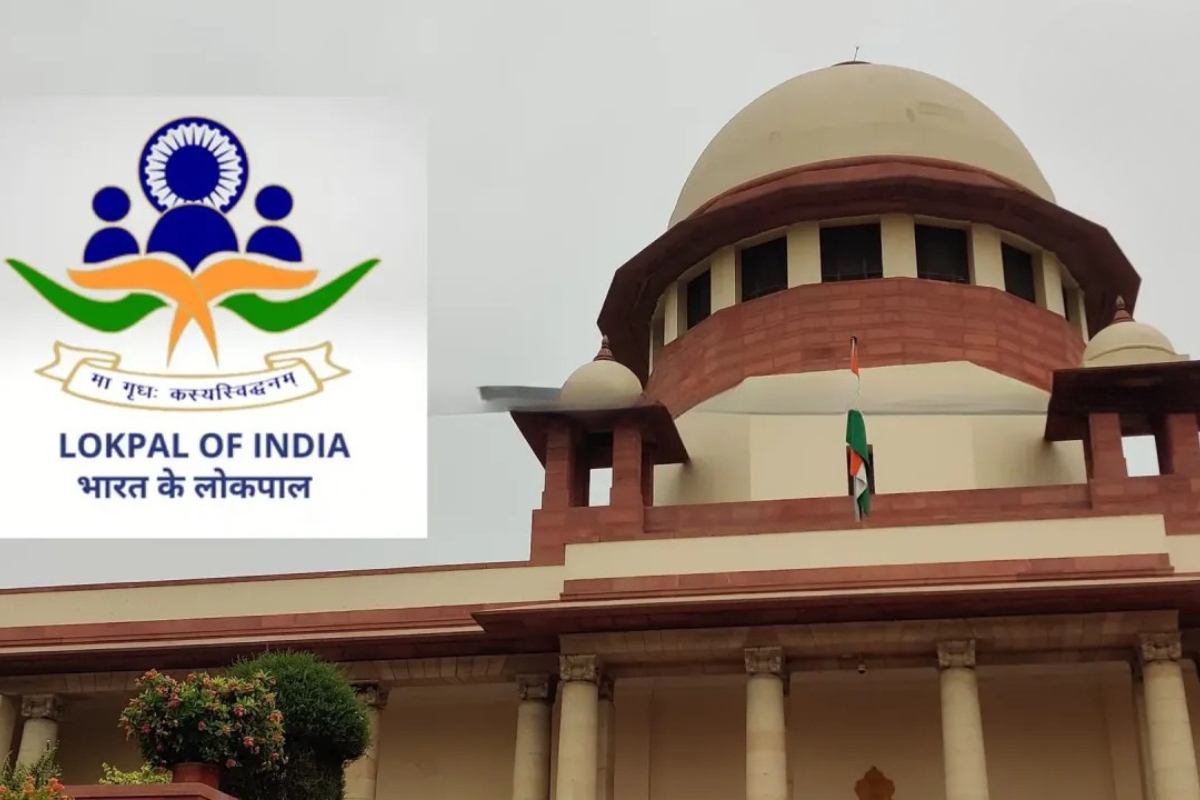The issue of whether the anti-corruption ombudsman, Lokpal, has the jurisdiction to investigate complaints against sitting High Court judges has recently brought the nation’s judicial system into the spotlight. In a significant move, the Supreme Court of India has decided to address this crucial matter, with a hearing scheduled for July.
A Sensitive Issue: Balancing Integrity and Judicial Independence
The idea that an anti-corruption body could probe complaints against judges is undoubtedly a sensitive one, as it touches the very foundation of judicial independence. On the one hand, the rule of law must be upheld, and no one, not even judges, should be above the law. On the other hand, the judiciary must be allowed to function without external pressures, maintaining its role as an independent pillar of the government.

The Lokpal’s order, issued on January 27, instructed that complaints related to a sitting Additional Judge of a High Court be investigated. These complaints alleged that the judge had influenced a case involving a private company, with claims that he had previously represented the company as a lawyer. Such accusations, if proven, would be serious, undermining the very integrity of the judicial process.
However, the Supreme Court immediately stayed the order in February, expressing grave concerns about the potential ramifications on judicial independence. The court viewed the Lokpal’s intervention as “something very, very disturbing,” signalling the importance of safeguarding the impartiality and autonomy of the judiciary. The Court emphasised that any move that could potentially jeopardise the independence of the judiciary must be carefully examined.
An Unprecedented Legal Debate
The debate has now reached the stage where the Supreme Court is set to examine whether Lokpal has the authority to examine complaints against sitting judges at all. Legal experts are closely following the case, as the outcome could redefine the relationship between judicial independence and the power of anti-corruption bodies.
On March 18, the Supreme Court asked senior advocate Ranjit Kumar to assist in the matter as an amicus curiae. Solicitor General Tushar Mehta, representing the Centre, has argued that High Court judges are not covered under the Lokpal and Lokayuktas Act of 2013, a crucial point in the ongoing discussions.
The Supreme Court decision on this matter will likely have long-lasting implications for both the judiciary and anti-corruption institutions. A ruling in favour of Lokpal’s jurisdiction could open the doors for similar investigations into the conduct of other judges. Conversely, a ruling in favour of judicial independence could reinforce the idea that the judiciary must be kept free from external interference.
The Path Ahead: A Delicate Balance
As the Supreme Court prepares to hear arguments in July, all eyes will be on how the court handles the delicate balance between upholding accountability and protecting judicial independence. The questions raised by this case are fundamental to the integrity of India’s legal system, and its resolution will shape the future of how complaints against judges are handled.

At the heart of this case lies the question of whether judges should be held accountable by institutions like the Lokpal or whether such investigations threaten the sanctity of the judiciary. While these are important legal questions, the resolution of the matter will ultimately influence the public’s trust in the fairness and transparency of the judicial system.
The proceedings in July will be crucial not only for the parties involved but for the entire nation. As the legal system grapples with these complex questions, the outcome could significantly impact the relationship between the judiciary, anti-corruption bodies, and the general public.
Disclaimer: This article is for informational purposes only. The views expressed here are based on available legal information and are not intended to provide legal advice.
Also Read:
When Law and Love Unite: Supreme Court Applauds Piplantri Tree Tradition
Evolution and Scope of Administrative Law
Supreme Court Slams Overpriced Lawyers: Justice Must Be Accessible to All






